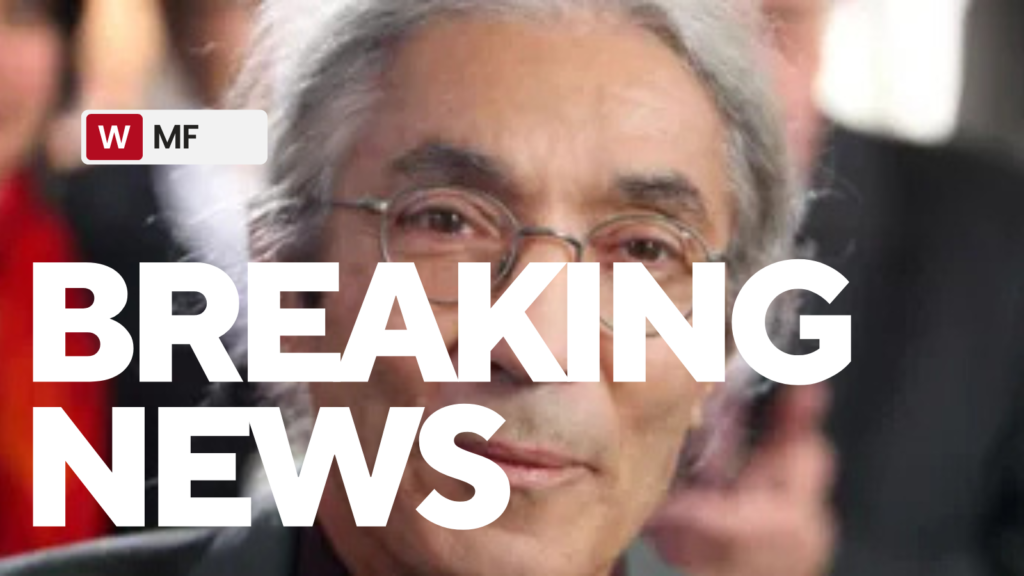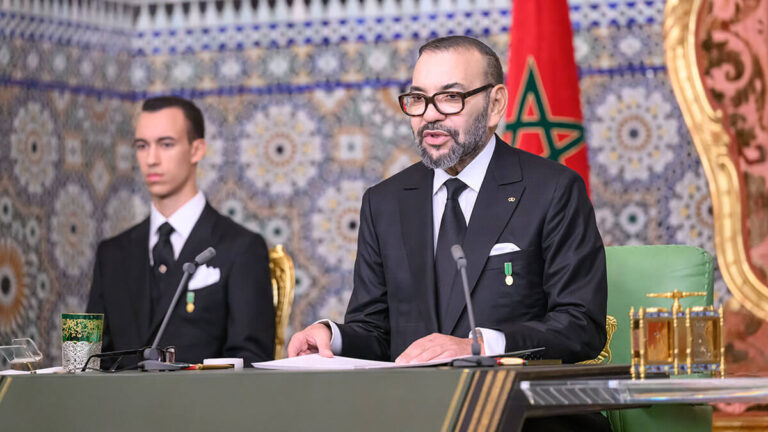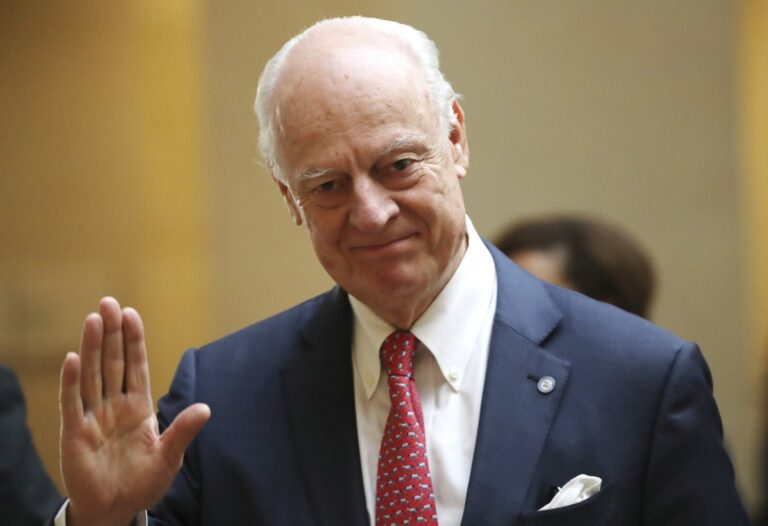
Concerns are mounting over the disappearance of celebrated French-Algerian writer Boualem Sansal, who has not been heard from since arriving in Algiers from Paris last Saturday. The novelist, renowned for his outspoken criticism of Algeria’s government, has sparked fears of detention amid an escalating crackdown on dissenting voices in the country.
A Sudden Silence
Sansal’s arrival in Algiers on November 16 marked the beginning of an unsettling mystery. According to reports, the writer has since been unreachable, prompting alarm among his family, colleagues, and publishers. French media outlet Marianne reported claims from close associates suggesting that Sansal may have been detained by Algerian authorities shortly after his arrival.
The news has sent shockwaves through literary and political circles, with many viewing this as part of a larger trend of state repression targeting intellectuals who challenge Algeria’s authoritarian narrative.
Sansal has long been an outspoken critic of the Algerian regime, unafraid to address sensitive topics such as corruption, political oppression, and the rise of Islamist extremism. In interviews, he has described Algeria as a nation where “everything is locked down,” highlighting the stifling environment for free expression.
Despite facing censorship, Sansal has maintained a connection with his homeland, splitting his time between France and Algeria while continuing to speak out against injustices. His controversial comments, including critiques of the Polisario Front and discussions on the historical boundaries of Algeria and Morocco, have made him a lightning rod for criticism from the Algerian establishment.
A Broader Pattern of Repression
Sansal’s disappearance follows a troubling trend of actions against Algerian intellectuals and journalists. Earlier this month, celebrated author Kamel Daoud faced judicial proceedings and was banned from attending the Algiers International Book Fair after winning the prestigious Prix Goncourt. His work, which addresses sensitive aspects of Algeria’s civil war, was deemed a violation of national reconciliation laws.
Similarly, journalist and political opponent Hichem Aboud went missing in Spain after publicly accusing Algerian intelligence of orchestrating assassination attempts against him. These incidents underscore a pattern of silencing dissent, both at home and abroad.
Sansal’s disappearance also threatens to deepen the strained relations between Algeria and France. The two nations have faced growing tensions, particularly in light of France’s recognition of Morocco’s sovereignty over Western Sahara. If the allegations of Sansal’s arrest are confirmed, France may be compelled to demand accountability from Algeria, potentially escalating the diplomatic rift.
Calls for Action
International organizations and human rights groups have urged Algeria to provide clarity on Sansal’s whereabouts. Advocates argue that his case is emblematic of the dangers faced by writers and activists who dare to challenge oppressive regimes.
“The international community cannot remain silent,” said a spokesperson for PEN International. “Boualem Sansal’s voice represents freedom of expression and truth. His safety must be a priority.”
As Sansal’s fate remains uncertain, his disappearance highlights the increasingly perilous climate for intellectuals in Algeria. With each silenced voice, the country moves further from the principles of free speech and open dialogue.
The world watches closely, awaiting answers—and hoping for the safe return of a literary figure whose words have inspired and challenged in equal measure.






